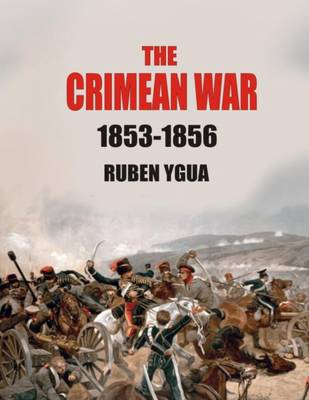
- Afhalen na 1 uur in een winkel met voorraad
- Gratis thuislevering in België vanaf € 30
- Ruim aanbod met 7 miljoen producten
- Afhalen na 1 uur in een winkel met voorraad
- Gratis thuislevering in België vanaf € 30
- Ruim aanbod met 7 miljoen producten
Zoeken
Omschrijving
Traditional methods of studying the past have always given greater importance to nationalist, religious and moral interests, which subordinated the historical fact to the System point of view. That's how we have been educated.The time has come to simplify and show respect for our ancestors, striving to know what really happened in the past, and not just what they want to inform us about.After so many years of studying History, I came to the conclusion that the best study system is through an impartial, objective Chronology that just put each event in its exact place in time, revealing History without manipulation.This Chronology contains not only purely political facts, such as the foundation of cities, the birth of kingdoms and empires, scientific and geographical discoveries, natural disasters and epidemics; it also includes information on the most different fields of human activity: chemistry, astronomy, geography, mathematics, and so on. In parallel, the chronology is complemented by data that do not belong to a specific date, but to an entire epoch, they are each society generalities, curiosities, customs, the religion of each civilization, inventions or discoveries that cannot be placed in an exact date, etc. The result of all this set is one of the most complete chronologies within its reach, periodically updated with the latest archaeological and scientific discoveries, and that transforms the reader into an eyewitness of the past, understanding the relation of geographically distant facts to each other, but closely connected in time and influencing unexpected consequences. This is something that traditional history has generally ignored when it was not usable. A work of this magnitude could not be published in a single book, so I have divided it into several collections, and the Spanish originals are being translated into French, English, Italian and Portuguese. The chronology goes from prehistory to the present day year by year, as far as possible.For those who prefer a deeper and more detailed study, I have prepared a second chronology, day by day, which for now covers from 1789 to 1946, divided into five collections.
Specificaties
Betrokkenen
- Auteur(s):
- Uitgeverij:
Inhoud
- Aantal bladzijden:
- 78
- Taal:
- Engels
Eigenschappen
- Productcode (EAN):
- 9781072748298
- Verschijningsdatum:
- 8/06/2019
- Uitvoering:
- Paperback
- Formaat:
- Trade paperback (VS)
- Afmetingen:
- 216 mm x 279 mm
- Gewicht:
- 272 g

Alleen bij Standaard Boekhandel
+ 88 punten op je klantenkaart van Standaard Boekhandel
Beoordelingen
We publiceren alleen reviews die voldoen aan de voorwaarden voor reviews. Bekijk onze voorwaarden voor reviews.











